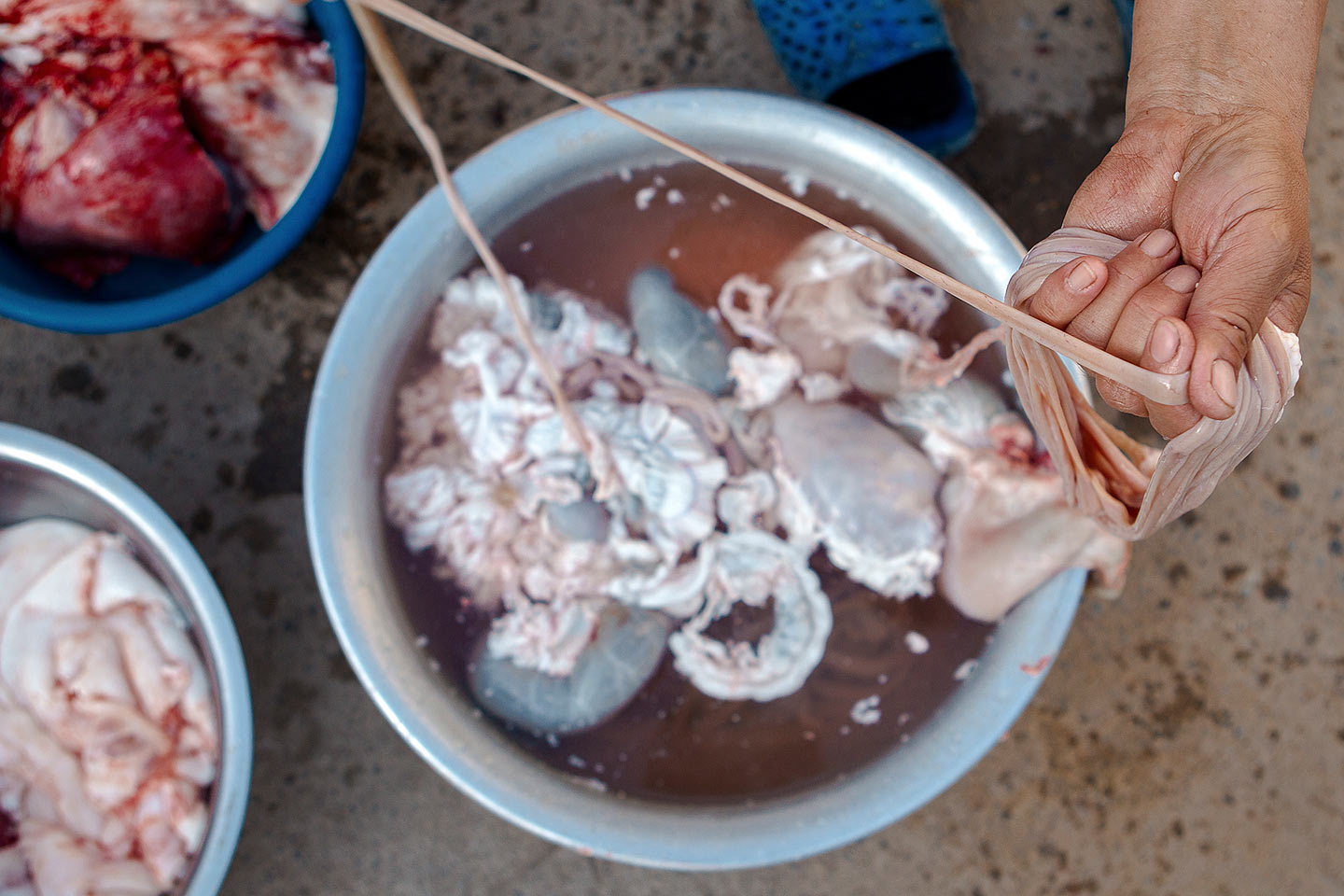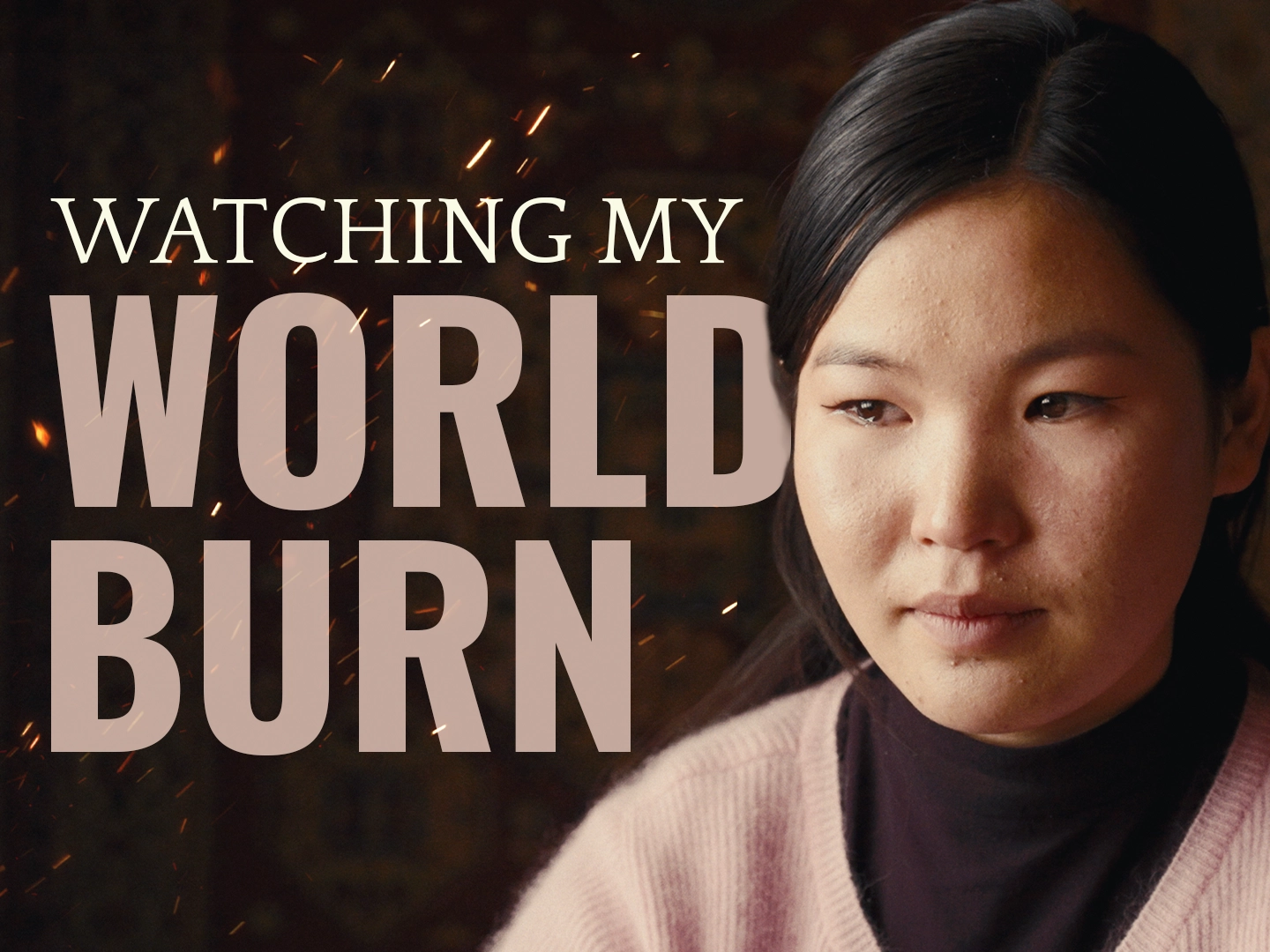What You Need to Know to Prevent Food Poisoning
Food poisoning can ruin any trip. Follow these five tips to prevent food poisoning so you can enjoy your trip to the fullest.
This box is used to determine what content is shared through the social share feature. This will not be visible when published to the live site.
Twitter Share Info:
pioneersusa
Copy to Clipboard link:
Code & Content Empowering Email Share Functionality

Going Deeper
Check out these other related articles













.webp)